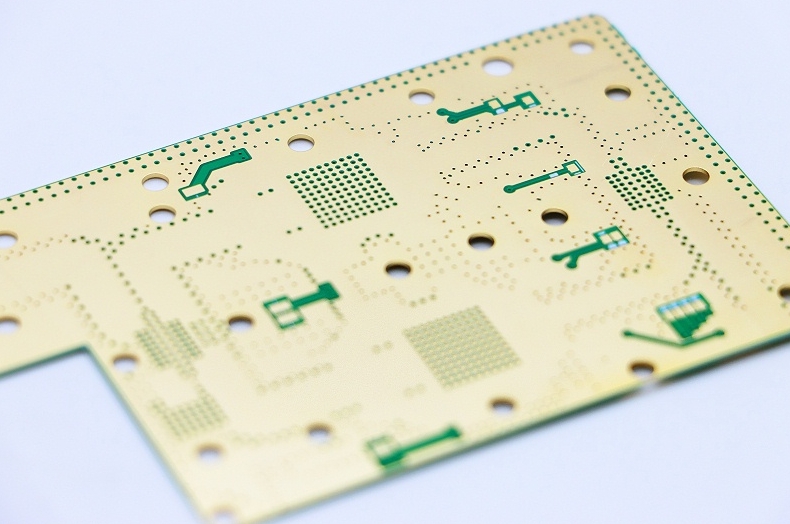Table of Contents
1. Fundamental Pricing Model and Technical Parameter Relationships for Double-Sided PCBs
The benchmark pricing model for double-sided PCBs follows these techno-economic principles:
- Standard FR-4 substrate (Tg≥130°C): ¥150-280/m²
- High-frequency material (Dk=3.5±0.05): ¥800-1500/m²
- Metal core board (thermal conductivity ≥2.0W/mK): ¥450-850/m²
Key Technical Pricing Factors:
- Dielectric constant (Dk) deviation of ±0.1 increases costs by 8-12%
- Glass transition temperature (Tg) increase of 20°C raises prices by 15-20%
- Maintaining copper thickness within ±10% tolerance increases process costs by 25%
2. Quantitative Analysis of Process Standards on Costs
2.1 Line Precision Cost Curve
- Line width/spacing 0.15mm: Baseline price
- Every 0.05mm reduction: Cost increases 18-25% (yield decreases 5-8%)
2.2 Via Metallization Process Costs
| Process Type | Cost Factor | Reliability Class |
|---|---|---|
| Through-hole plating | 1.0x | Class 2 |
| Laser microvia | 1.8x | Class 3A |
| Buried via stacking | 2.5x | Class 3B |
3. Volume Effects and Cost Optimization Function
Established volume-price response function model:
Q=1-10m²: P(Q)=P0×(1.8-0.05Q)
Q>100m²: P(Q)=P0×(0.7-0.002Q)
Where P0 is baseline unit price, Q is order area (m²)
Empirical Data:
- Prototype phase (5m²): 320% of baseline price
- Small batch (50m²): 180% of baseline price
- Mass production (500m²): 65% of baseline price
4. Cost Optimization Strategies from a Value Engineering Perspective
- DFM Optimization:
- Maintain line width ≥0.2mm to reduce process difficulty factor by 30%
- Avoid blind/buried vias to save 45% processing fees
- Process Alternatives:
- ENIG instead of immersion gold saves 20% surface treatment costs
- LDI exposure reduces 15% pattern transfer costs vs traditional film
- Supply Chain Optimization:
- VMI inventory provides 8-12% price advantage
- Quarterly framework agreements lock in raw material price fluctuations
5. 2024 Technical-Economic Evaluation of Major Suppliers
QCD (Quality-Cost-Delivery) three-dimensional evaluation model:
| Supplier | Tech Index | Cost Index | Delivery Index |
|---|---|---|---|
| Factory A | 92 | 85 | 88 |
| Factory B | 88 | 92 | 95 |
| Factory C | 95 | 75 | 82 |
| Factory D | 85 | 88 | 90 |
Techno-Economic Selection Recommendations:
- Military grade: Prioritize Factory C (technology leader)
- Consumer electronics: Recommend Factory B (best value)
- Rapid prototyping: Choose Factory D (delivery assurance)
Professional Conclusions and Procurement Recommendations
- Technical Specifications vs Cost Balance:
Recommend Tg150°C FR-4 material for most industrial applications with cost-performance index of 0.92 (max 1) - Volume Strategy:
Optimal economic batch size is 200-300m² where marginal cost reduction effect is most significant - Supplier Management:
Establish 2+1 supplier system (2 primary + 1 backup) to ensure supply chain resilience
Key Performance Indicators:
- Process capability Cpk≥1.33 corresponds to 15% quality cost premium
- Every 5% improvement in on-time delivery reduces inventory costs by 3%
